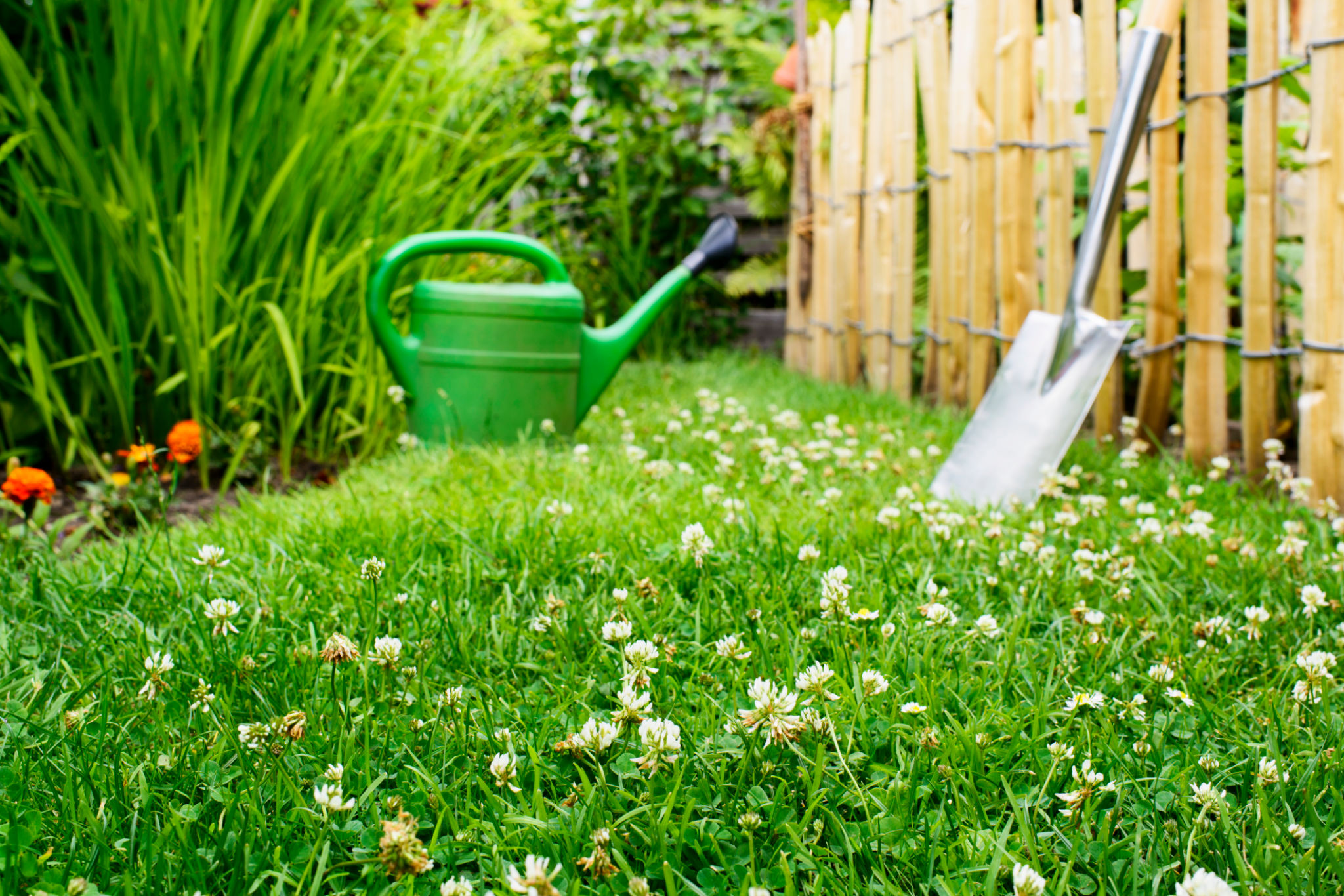How Clover Lawns Support Local Ecosystems and Pollinators
Introduction to Clover Lawns
Clover lawns are gaining popularity as an eco-friendly alternative to traditional grass lawns. Unlike conventional grass, clover is a nitrogen-fixer, which means it can naturally enrich the soil with essential nutrients. This transformation not only makes your lawn lush and green but also contributes positively to the local ecosystem.

Benefits of Clover Lawns for Ecosystems
One of the significant advantages of clover lawns is their ability to support local ecosystems. Clover provides a habitat for various insects and small wildlife, creating a more biodiverse environment. This biodiversity is crucial for maintaining ecological balance and promoting healthy plant growth.
Additionally, clover requires less water than traditional grass, reducing the need for irrigation and conserving water resources. This makes clover lawns a sustainable choice, especially in areas prone to drought.
Soil Health Improvement
Clover's ability to fix nitrogen in the soil leads to improved soil health. With better soil quality, other plants and trees in your garden can thrive without the need for synthetic fertilizers. This natural process enhances the overall fertility of your garden, promoting stronger plant growth and healthier produce in vegetable gardens.

Clover Lawns and Pollinators
Pollinators like bees and butterflies play a crucial role in our ecosystem, aiding in the reproduction of many plant species. Clover flowers are a rich source of nectar, making them highly attractive to these pollinators. By planting a clover lawn, you provide a vital food source for bees and butterflies, helping to sustain their populations.
This support is particularly important given the decline in pollinator numbers due to habitat loss and the use of pesticides. By choosing clover, you not only create a vibrant lawn but also contribute to the conservation efforts for these essential creatures.

Reducing Chemical Use
Traditional lawns often require significant chemical inputs such as pesticides and herbicides. These chemicals can harm beneficial insects, including pollinators, and may lead to runoff that contaminates local water sources. Clover's robustness means it requires fewer chemical treatments, thus reducing your lawn's environmental impact.
Creating a Wildlife-Friendly Space
By opting for a clover lawn, you are taking a step towards creating a wildlife-friendly space. Clover provides shelter and food for small mammals and birds, encouraging them to visit and thrive in your garden. This interaction enhances the natural beauty of your outdoor space and supports local wildlife populations.
Clover's natural resilience also means it can withstand foot traffic better than many grass species, making it a practical choice for busy households with pets or children.

Conclusion
Incorporating clover into your lawn is a simple yet effective way to support local ecosystems and pollinators. The benefits of clover extend beyond aesthetic appeal, offering environmental advantages that contribute to a healthier planet. By choosing clover, you are making a positive impact on your local environment and fostering biodiversity right in your backyard.